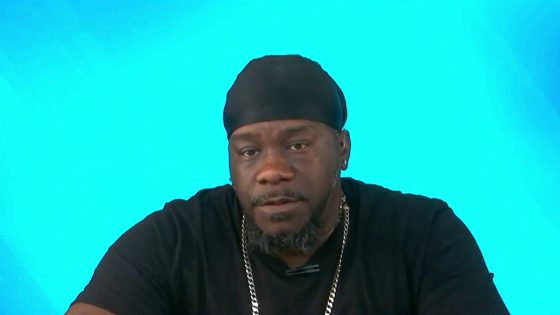The Karen Read trial has captured national attention, especially after the jury foreman shared insights on the case for the first time on “TODAY.” His remarks shed light on the complexities surrounding this controversial trial.
- Jury foreman speaks publicly for first time
- Deliberation lasted four days for verdict
- Evidence was key in reaching decision
- Read deemed innocent by jury foreman
- No solid evidence against Read presented
- High-profile case did not sway jury's judgment
On June 18, 2025, Read was acquitted of serious charges, including second-degree murder, but was convicted of drunken driving. The jury foreman emphasized that their decision was based solely on the evidence presented, rather than personal opinions or external pressures.
He noted, “It took US a couple of days to really get the gears going,” highlighting the deliberation process. This raises a critical question: how do juries navigate high-profile cases with intense public scrutiny?
The foreman’s comments reveal the challenges jurors face in high-stakes trials. Key points include:
- Juries must focus on evidence, not emotions.
- Deliberation can take time, especially in complex cases.
- Public opinion can influence perceptions but not verdicts.
As the legal community reflects on this case, it’s crucial to consider what justice truly means for all parties involved. Will further investigations bring clarity to the O’Keefe family?

































